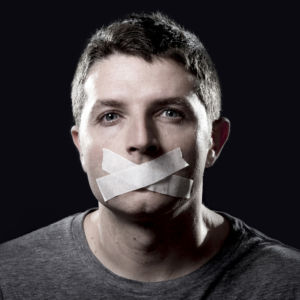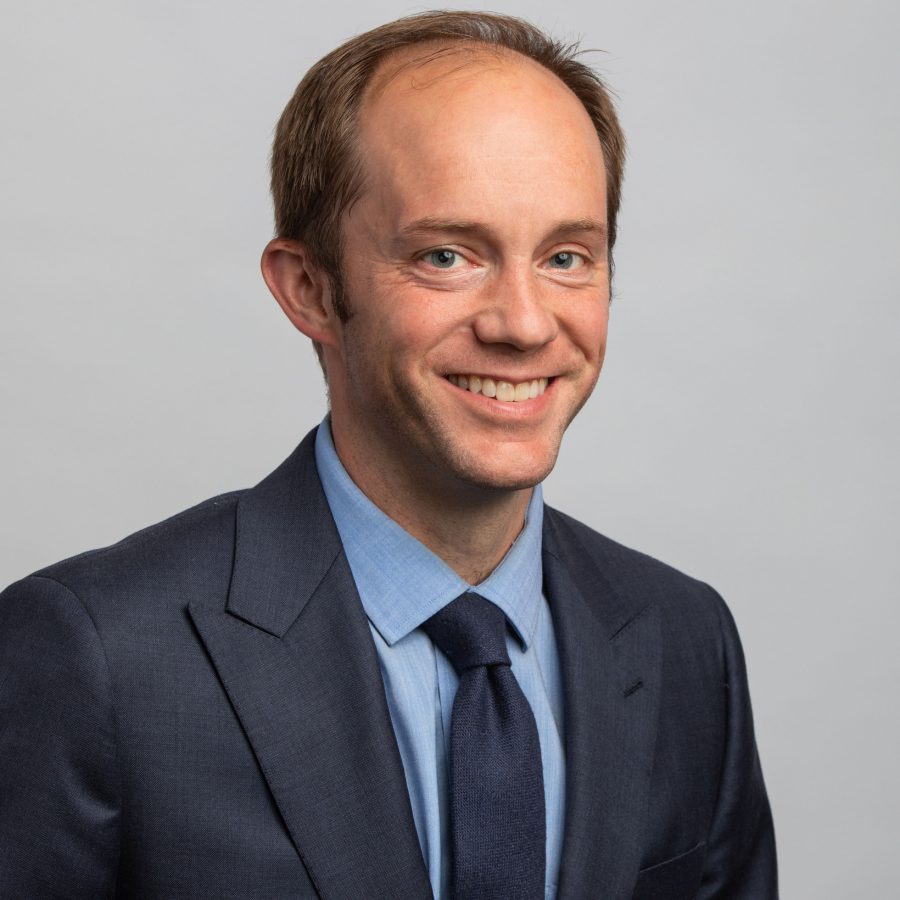Free-speech debates often involve hot-button issues like race and gender. But Leda Mox wants to talk about horses.
Her equine massage therapy program, which she teaches at her farm in Becker, Minn., helps clients learn how to care for horses. Classes are small, typically serving one to four students at a time in the barn behind Mox’s house. Some horse enthusiasts enroll in one-day introductory courses. Other students stay longer for master’s certification.
“I don’t do this for a ton of profit,” says Mox, a certified equine sports massage therapist with a bachelor’s degree in equine science from the University of Minnesota. “All the money that I make from the students’ learning goes right back into these horses.”
Her tiny enterprise, Armstrong Horse Clinic, operated for 10 years without incident. But in March 2023, the Minnesota Department of Education decided Mox needed government permission to continue. Although her occupation does not require a license, regulators told her that her clinic does. To avoid thousands of dollars in fines, she must license it as a “private career school.”
Getting approval is not easy. Mox would have to complete a 30-page application, post a $10,000 surety bond, pay thousands of dollars in fees, submit a catalog and curriculum, and reimburse the Department of Education for an on-site inspection — if the state decides an inspection is necessary.
Mox could avoid the hassle if she taught personal development, modeling, acting, music or even horseback riding. The state singles out only certain educational activities for licensure. In many cases, the trigger for regulation is simply imparting helpful information, even if the instruction is entirely classroom-based.
What the state overlooks is that talking in a classroom is speech.
Mox communicates for a living. So do artists, photographers, tutors, personal trainers, motivational speakers, buyers, sellers, recruiters and most professionals with “adviser,” “consultant” or “coach” in their job descriptions.
All of these people engage in occupational speech, which rarely grabs media attention, like hate speech, political speech, and sexually explicit speech that tests the boundaries between free expression and obscenity.
Topics that spark strong emotions tend to make headlines, which is why readers hear about drag queen story hours at public libraries and war protests on college campuses. Yet, censorship of occupational speech can have a greater effect on the numbers. It is a hidden war on the First Amendment that affects millions of people.
About 30 percent of U.S. workers need a license to perform their jobs, which often involve speech. Some licensing boards stretch their authority even further by claiming control of speech that has little or nothing to do with the occupations they are charged to regulate.
The California Cemetery and Funeral Bureau told retirees Akhila Murphy and Donna Peizer that they needed a funeral director license to talk to families about end-of-life decisions. The Illinois State Treasurer’s Office told David Knott he needed a private detective license to talk to clients about their unclaimed funds held by the government. And Pennsylvania tried to require vacation property manager Sally Ladd to get a real estate license to help her clients use Airbnb.
Perhaps the most outrageous example came in 2017 when the Oregon State Board of Examiners for Engineering and Land Surveying told Mats Järlström he needed an engineering license to express concerns about red-light cameras.
Treating Mox’s one-woman enterprise in her barn like a private college with faculty and staff is another example of regulatory overreach. Rather than accept the censorship, Mox fought back with a First Amendment lawsuit in federal court. Our public interest law firm, the Institute for Justice, represents her.
Age verification for porn sites in Utah, a buffer zone for recording the police in Florida, and X censorship in Brazil might get more media attention. But people like Mox deserve to be heard, even if their message concerns work. The First Amendment protects everyone.


